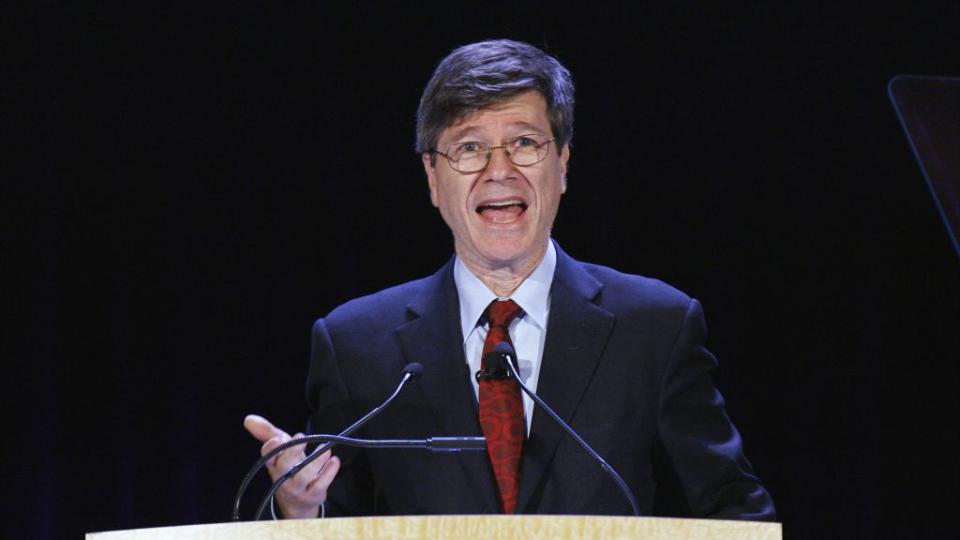Jeffrey Sachs: Economics is “horrendously misguided” and obsessed with “completely unimportant things”

The economics profession has lost its moral groundings, according to one of its most outspoken practitioners. As a result, economists are failing to provide a basic service: helping people.
According to Jeffrey Sachs of Columbia University, the problem started centuries ago. Back then, economics went off track by embracing “a profoundly flawed model of human nature and therefore a flawed model of human purpose,” the high-profile development economist said in a presentation this week. It’s a field “that doesn’t know where it’s heading” because it doesn’t know “what the good is.”
Sachs is talking about the common good, or what benefits all of humanity. The idea that economists ignore or don’t properly measure wellbeing isn’t new. But the “economics of happiness,” while growing in stature, remains a niche field of study.
Sachs urges his fellow economists to take the study of wellbeing more seriously. Speaking at the London School of Economics, he said:
We’re so rich in our total production and in our capacities to do things that we could solve absolutely fundamental challenges, such as ending extreme poverty or addressing climate change or preserving biodiversity without much effort. Our problem is we don’t even know what we want to do as a society. My profession is pretty useless on this, just horrendously misguided in what it spends its time on. Because it spends its time on completely unimportant things and neglects the very important things… it cannot be the most important issue in the world whether the US grows at another 3% or 3.5% or 2.9% a year, when over the last 65 years there’s been no discernible rise in wellbeing and lots of discernible worsening of social wellbeing.
Sachs identified the influential 18th-century philosopher David Hume as one of the culprits who took values out of consideration when thinking about economics. Hume argued that value judgments couldn’t be made purely on the basis of facts.
New research has the power to reinvent the moral sciences, Sachs said, strengthening the scientific study of what’s good for people. He was speaking at the launch of a book called The Origins of Happiness.
The book presents data from the UK, US, Australia and Germany on what what makes people happy. It found that on average people were no happier now than half a century ago, despite higher incomes and better education. The authors found instead that mental and physical health contributed more directly to a sense of wellbeing.
This sort of research is “revolutionary,” Sachs said, and uses economics to address the fundamental values that ultimately will help humans “flourish.”

Sign up for the Quartz Daily Brief, our free daily newsletter with the world’s most important and interesting news.
More stories from Quartz:

 Yahoo Finance
Yahoo Finance 